On August 28, 2024, my world shifted when I learned of the tragic death of my cousin, Suzette Clarke. Suzette, a 52-year-old forklift operator, was found headless near the shore in South Haven, Jamaica. Her death was more than just a loss for our family; it was a painful reminder of the dangers that LGBTQ+ individuals, or those who are perceived to be, face, particularly in regions where acceptance is hard to come by. As someone born in Jamaica and now a naturalized American citizen, this story is not only deeply personal but also a call to action.
Suzette Clarke was the daughter of my maternal grandmother’s brother–Suzette was ten years my senior. She was a quiet person, known for her work ethic and a reserved nature. Suzette left home early every morning for work and returned without much fanfare. She wasn’t someone who lingered or socialized much, preferring the comfort of her own company or the few close friends and family she had. But what many in our family either did not know or chose not to acknowledge was that Suzette was also a gay woman living in a country where LGBTQ+ identities are often stigmatized and, at times, violently rejected.
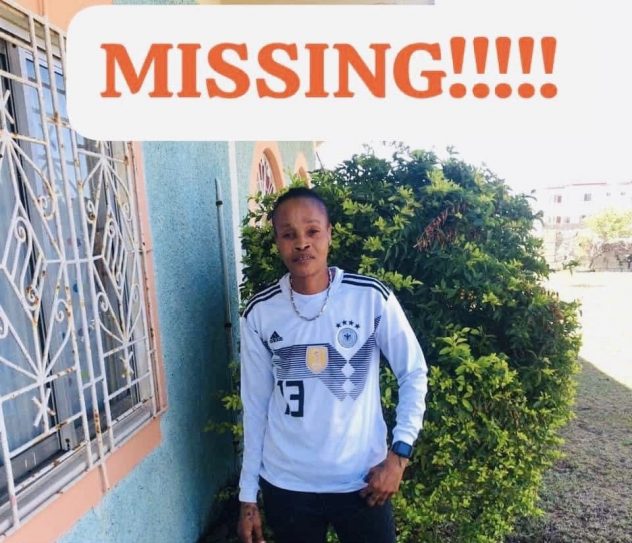 When Suzette went missing, her niece, Britney Graham, who had been raised by Suzette since she was two, began a frantic search–along with her cousin, my eldest sister. Her worst fears were realized when she found a headless, decomposing body near the shoreline. The clothes, the watch, the hat—it was all too familiar. While the police have yet to confirm the identity, Britney is convinced that the body belongs to her aunt. The question that lingers now, one that echoes in the quiet murmurs of our family’s private conversations, is whether Suzette’s death was motivated by her sexuality or her non-conforming gender expression.
When Suzette went missing, her niece, Britney Graham, who had been raised by Suzette since she was two, began a frantic search–along with her cousin, my eldest sister. Her worst fears were realized when she found a headless, decomposing body near the shoreline. The clothes, the watch, the hat—it was all too familiar. While the police have yet to confirm the identity, Britney is convinced that the body belongs to her aunt. The question that lingers now, one that echoes in the quiet murmurs of our family’s private conversations, is whether Suzette’s death was motivated by her sexuality or her non-conforming gender expression.
As I grapple with the significance of the loss of Suzette, I can’t help but reflect on my own life and that of other family members here in the U.S. Born in Jamaica, I was fortunate enough to have left and built a life in the United States, where I have been able to live more openly as a gay man. And while the choice to move to the U.S. was not one of my own it was one that privileged me more than I was aware of at the time. But this privilege does not shield me from the harsh reality that even here, in a country often seen as more progressive, LGBTQ+ individuals—particularly those who are Black and transgender—face significant risks. The number of transgender community members in the United States who are murdered is more than just alarming; it’s a crisis. Each of these deaths is a stark reminder that living authentically can be dangerous, even in a place where freedom is celebrated.
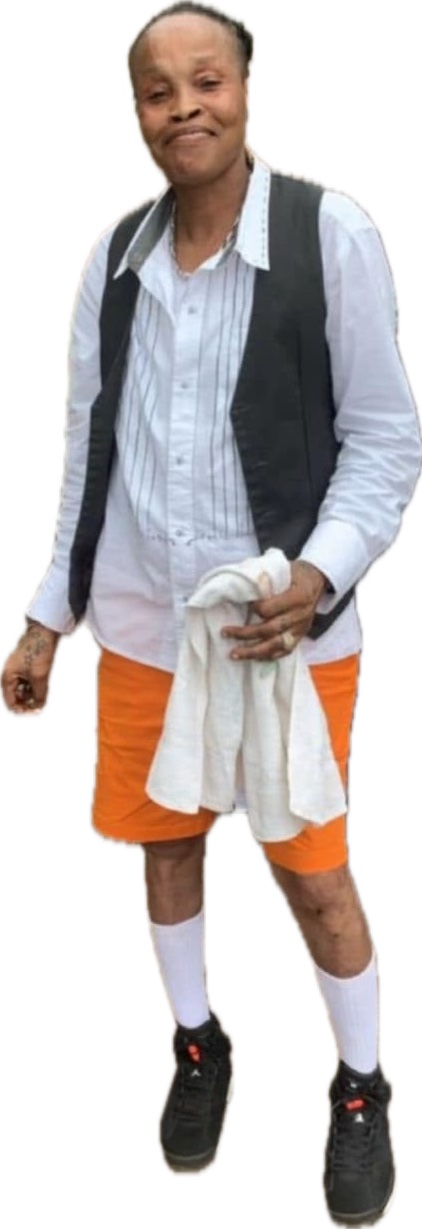 Suzette’s story could have been mine. It’s a sobering thought, one that underscores the fragility of safety for LGBTQ+ individuals, no matter where they are. While I may have had the fortune to leave Jamaica, Suzette did not. Her life was cut short, possibly because of who she was—a reality that is both heartbreaking and infuriating.
Suzette’s story could have been mine. It’s a sobering thought, one that underscores the fragility of safety for LGBTQ+ individuals, no matter where they are. While I may have had the fortune to leave Jamaica, Suzette did not. Her life was cut short, possibly because of who she was—a reality that is both heartbreaking and infuriating.
To understand the broader implications of Suzette’s death, it’s essential to consider the context in which she lived. Jamaica, like many Caribbean nations, has a complex relationship with LGBTQ+ identities. Homophobia is deeply ingrained in the culture, influenced by colonial-era laws, religious beliefs, and societal norms that view homosexuality as immoral or unnatural. While there have been efforts to decriminalize same-sex relations and promote LGBTQ+ rights, progress has been slow, and resistance remains strong.
In 2019, the Inter-American Commission on Human Rights (IACHR) highlighted the significant challenges faced by LGBTQ+ individuals in Jamaica, noting that they are often subjected to violence, discrimination, and exclusion. Hate crimes, though underreported, are not uncommon, and the legal protections for LGBTQ+ individuals are woefully inadequate. The fear of being ostracized or attacked often forces many to live in the shadows, hiding their true selves to avoid persecution.
Suzette’s murder, whether directly motivated by her sexuality or not, is a stark reminder of the dangers that LGBTQ+ individuals face in Jamaica. It’s a reality that many of us have had to confront, whether we’ve left the island or remained.
While the situation in the United States is different in many ways, the risks for LGBTQ+ individuals—particularly transgender women of color—remain alarmingly high. Data from the Human Rights Campaign (HRC) noted that, from November 2022 to November 2023, at least 33 transgender and gender non-conforming people were murdered in the United States. Of these victims, the majority were young people of color, with Black transgender women being disproportionately affected. Specifically, 61.8% of these victims were Black transgender women, and nearly 90.9% were people of color overall. These tragic numbers highlight the ongoing violence faced by transgender and gender non-conforming individuals, particularly within communities of color, underscoring the systemic challenges that contribute to this epidemic. These figures likely underestimate the true scope of the violence, as many cases go unreported or are misclassified.
In both Jamaica and the U.S., the intersection of race, gender, and sexual orientation creates a unique vulnerability. While some legal protections exist in the U.S., enforcement is inconsistent, and societal acceptance varies widely depending on the region. The violence that transgender and gender non-conforming individuals face in America is a stark reminder that progress is uneven and that the fight for equality and safety is far from over.
Suzette’s death has emboldened my commitment to LGBTQ+ advocacy, both in Jamaica and the United States. As someone with increased recognition, I have a responsibility to raise awareness about the challenges that LGBTQ+ individuals face, particularly in regions where their very existence is threatened. Suzette’s story is not just a personal tragedy; it’s a reflection of the systemic issues that continue to endanger the lives of LGBTQ+ people around the world.
I promise to continue using my voice to advocate for stronger legal protections, greater societal acceptance, and increased visibility for LGBTQ+ individuals. Moving forward this includes supporting organizations that work on the ground in Jamaica, pushing for legislative changes, and educating others about the realities faced by LGBTQ+ communities. By sharing Suzette’s story, I hope to shed light on the broader context of violence and discrimination that persists and to inspire others to join the fight for equality–and maybe inspire officials in Jamaica to solve Suzette’s horrific murder.
In the face of this tragedy, my personal resilience becomes not just a necessity but a form of resistance. Living authentically as an LGBTQ+ person, despite the risks, is an act of defiance against the forces that seek to silence us. Suzette’s life, though tragically cut short, is a testament to the quiet strength of those who live their truth, even in the face of danger.
To honor Suzette’s memory, I will continue to live authentically, drawing strength from the communities that have shaped my life. While I may have been born in Jamaica, I was raised in American belief systems–systems shaped by the American Black Rights Movement, by the Stonewall Uprisings, by an understanding and respect for the freedom of speech. So, I will speak out against the injustices that LGBTQ+ individuals face and work towards a future where no one has to fear for their life simply because of who they are. Suzette’s story, though painful, will not be forgotten. It will fuel my commitment to creating a world where all individuals, regardless of their sexual orientation, gender identity, or gender expression, can live freely and without fear.
Suzette’s death is a tragic reminder of the work that still needs to be done for acceptance of each other’s humanity. But it’s also a call to action—a call to leverage our platforms, advocate for change, and embrace resilience in the face of adversity.
Densil Porteous, is a seasoned leader and advocate for humanity. With a multifaceted background in entrepreneurship, higher education administration, strategic marketing, development/fundraising, venture, and social impact, Porteous offers a unique perspective on a variety of topics and he shares insights on his blog, “Think Higher. Feel Deeper. – Destination: Unknown”.
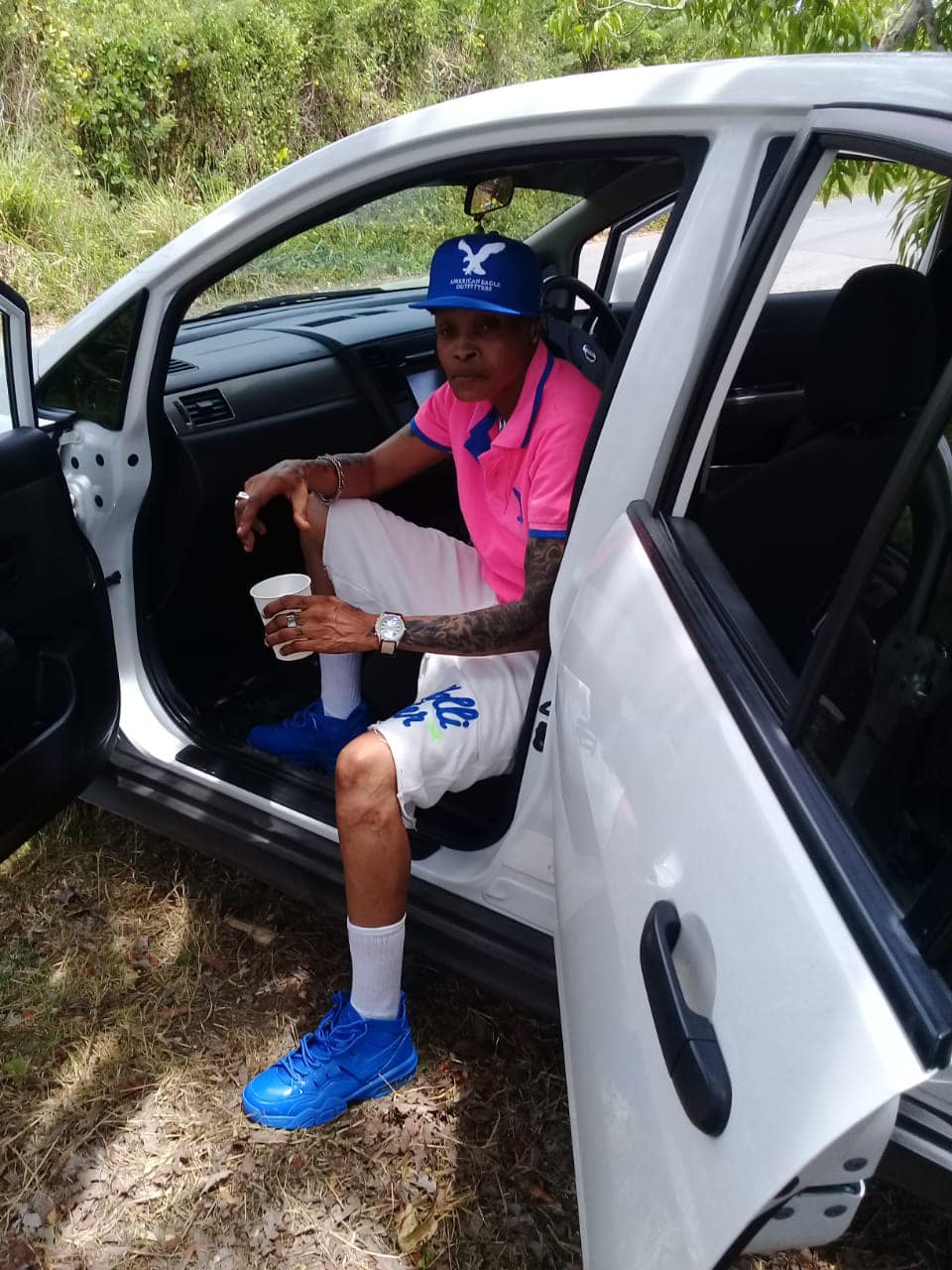

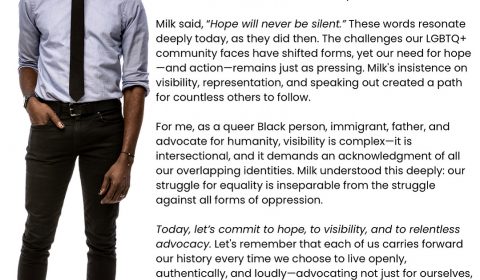
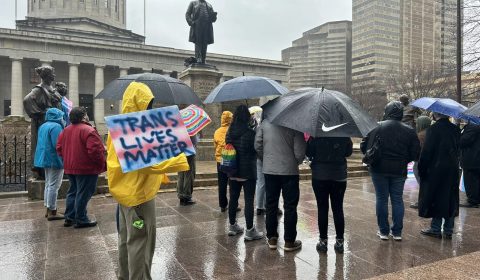
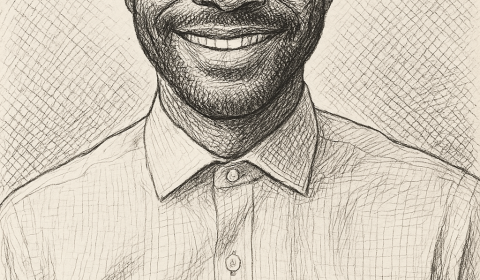




1 Pingback